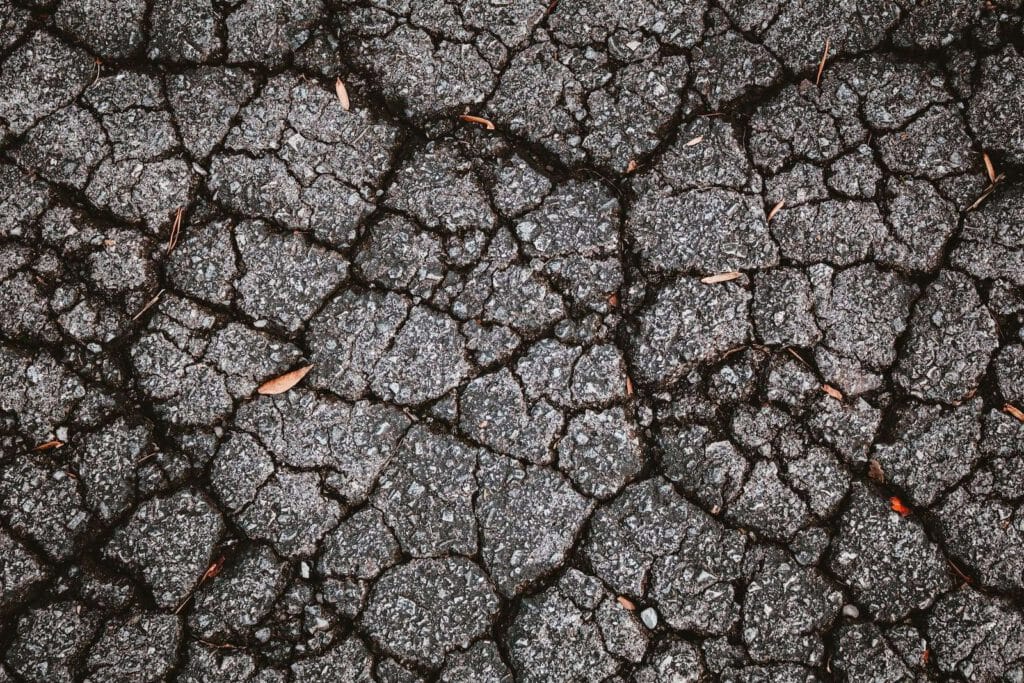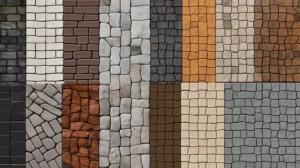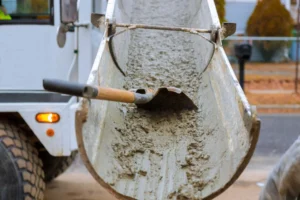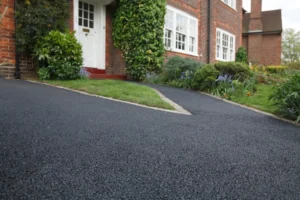You’re not alone if you just had a new asphalt driveway installed and are now noticing cracks. A lot of people experience this problem after their driveway is replaced.
In most cases, the cracks are simply due to shrinkage – but other factors can contribute to the problem.
This blog post will discuss 7 reasons why your new asphalt driveway is cracking. We will also provide some solutions to help prevent this from happening in the future.
1. The driveway wasn’t installed correctly
If the driveway wasn’t installed correctly, Paver didn’t install the base layer of asphalt properly. This can cause the asphalt to crack and settle over time.
Solution: Hire a reputable professional asphalt contractor with experience installing new asphalt driveways.
3. Contractor installed the driveway with poor-quality materials
The problem is that the materials used were of poor quality, and the workmanship was shoddy. As a result, the driveway has not been able to withstand the elements, and it is now in danger of crumbling.
If something isn’t done soon, the driveway will need to be replaced entirely. In the meantime, it’s essential to take steps to prevent further damage.
By patching up the cracks and sealing the asphalt surface, it’s possible to extend the driveway’s life and prevent further deterioration.
Solution: Patch up cracks and seal the surface to extend the entire driveway’s life.
2. There was a lack of proper drainage
If there is poor drainage, standing water can pool on the surface of the asphalt pavement and cause it to crack.
To avoid this, ensure adequate drainage around your new asphalt driveway during and after installation.
Solution: Ensure adequate drainage around your driveway during and after installation.
3. Not allowing time for the asphalt to cure before driving on it
If you drive on the asphalt too soon, it can cause it to crack. Heavy vehicles can compress the asphalt and cause it to crack under pressure.
Wait 24 hours after installation before driving on your new driveway to avoid this.
Solution: Wait 24 hours after installation before driving on your new driveway.
4. Allowing oil and gas spills to soak into the asphalt
If oil or gas spills are not cleaned up immediately, they can seep into the asphalt and cause it to weaken. This can lead to cracking over time.
To avoid this, clean up any spills as soon as they happen.
Solution: Clean up any oil or gas spills as soon as they happen.
5. Using salt or other de-icing chemicals during the winter months
Salt and other de-icing chemicals can damage the asphalt if used too frequently. They can cause the surface to become weak and brittle, leading to cracking.
Use these products sparingly during the winter months to avoid this problem.
Solution: Use salt and other de-icing chemicals sparingly during the winter months.
6. Lack of regular asphalt maintenance
If you don’t maintain your driveway, it can become cracked and damaged over time. Be sure to seal the asphalt every few years to keep it in good condition.
Solution: Seal the asphalt every few years to keep it in good condition.
7. Wet weather conditions during and after installation
The asphalt can become cracked if it rains during or immediately after installation. This is because the wet weather can cause the asphalt to soften and damage.
Solution: Wait for dry weather conditions before having your driveway installed.
Do you need a driveway repair?
If you have a cracked or damaged driveway, we can help. Nathan’s Paving & Seal Coating is a leading asphalt paving professional in Central PA.
New Asphalt driveway cracks make your home look unkempt and unattractive. We offer affordable solutions to fix them. Call us today!
We specialize in driveway repair, regular maintenance, replacement, and seal coats. Contact us today for a free estimate from a professional asphalt paver.
Conclusion
If you’re having new asphalt driveway issues, it’s likely due to one of the seven reasons we’ve discussed. However, Homeowners can avoid most of these problems by taking the necessary precautions during and after installation. Follow our tips, and you’ll be driving on your new driveway for many years!



